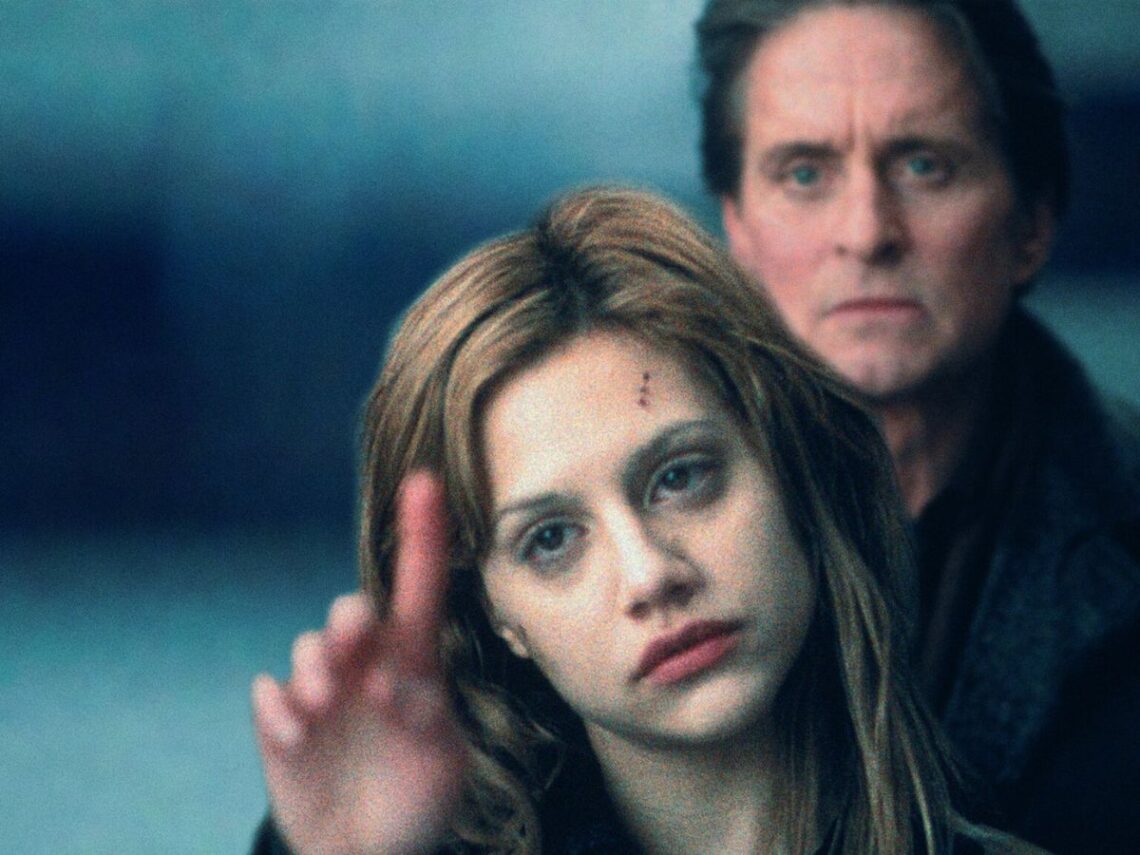
‘Don’t Say a Word’: the Michael Douglas thriller climbing the Netflix charts
People don’t scroll through Netflix looking for 2001 thrillers. Yet lately, one has shown up in the Top 10 movie charts, and not because the algorithm pushed it, but because viewers stopped and stayed or maybe searched for it.
It’s the Michael Douglas and Brittany Murphy starrer Don’t Say a Word that makes people keep watching. Douglas stars as Dr Nathan Conrad, a Manhattan psychiatrist whose life falls apart in a single morning. His daughter is kidnapped, and the kidnappers demand something that doesn’t make sense: a number trapped inside the memory of one of his patients, a young woman named Elisabeth (played by Murphy) who hasn’t spoken in years.
Sounds interesting, right? For some, it might sound like a simple mystery, but the longer it takes for the suspense to reveal, the more it becomes a study of fear and, most importantly, how far a person will go to quiet it.
One of the noticeable factors about Don’t Say a Word is that there is no time wasted on subplots or clever distractions. Sean Bean’s antagonist leads the kidnapping so smoothly, giving the film its sharpest edge. Fleder’s direction feels old-fashioned, but in a good way.
Even the city becomes part of the story. The grey New York skyline and the sterile glow of hospital lights play like a character in the film. There is a certain sense of isolation in the movie that gives the story a weight that modern thrillers, full of movement and noise, rarely achieve.
And yes, the writing shows its age. The coincidences pile up in the film like you are in a sitcom. You can see the early-2000s playbook at work with phones cutting off at the wrong moment, cops showing up too late, and a finale wrapping up everything too neatly. It’s predictable, but the execution saves it.
Another brilliant reason to watch this film is the cast. Douglas gives one of his steadier performances, which is quite convincing but never overplayed. Murphy is absolutely magnetic. Her silence drives the story, and even when the dialogue falters, she doesn’t. You can see the fear and defiance shifting across her face without a word. Watching her now feels both nostalgic and painful, a reminder of how much presence she had, even in her quietest moments. Sean Bean, on the other hand, plays his villain without theatrics.
Don’t Say a Word isn’t great cinema, but it’s an effective time capsule. It captures a moment when thrillers didn’t need high concepts or world-ending stakes to work — just good actors, a simple hook, and a secret no one wanted to say out loud. Maybe that’s why people are watching it again. It feels familiar, but it still knows how to unsettle.
The film’s second life on streaming feels fairly earned, though. It didn’t arrive through nostalgia marketing or fan campaigns; it found its way back the way thrillers used to spread: by word of mouth, by curiosity, by that impulse to keep watching when you should have gone to bed an hour ago.